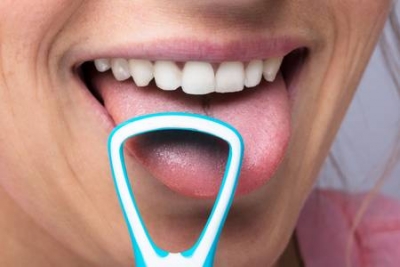
Struggling with bad breath? You’re not alone.
Understanding the differences, symptoms, and treatments for better sleep and health.
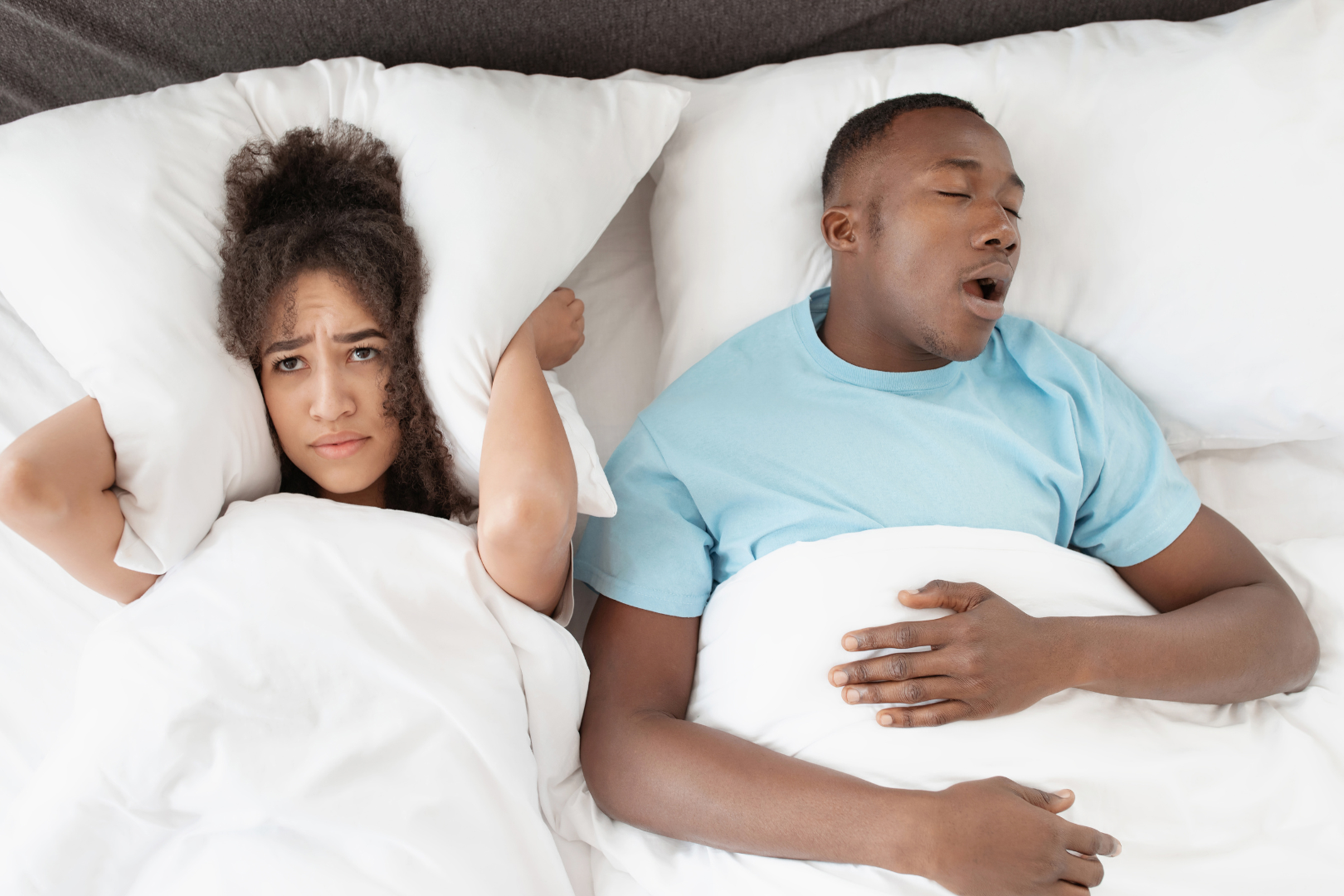
Many people snore, but not everyone who snores has sleep apnea. While snoring is often seen as a nuisance, sleep apnea is a serious medical condition that can have far-reaching consequences for your health.
Understanding the difference between the two can help you overcome sleep issues and take the necessary steps toward the rest you deserve.
In this article we’ll discuss the differences between snoring and sleep apnea, symptoms of sleep apnea, types of sleep apnea, and when you should seek professional help.
Snoring — it’s the sound that can keep others up at night, but have you ever wondered what actually causes it?
Simply put, snoring happens when the airflow through your throat or nasal passages gets partially blocked while you sleep. As air struggles to get through, the tissues in your throat start to vibrate, and that’s what creates the familiar snoring sound we all know (and sometimes dread).
Let’s take a closer look at what might be behind your snoring.

Lifestyle choices can have a big impact on snoring.
Snoring isn’t always linked to lifestyle habits; sometimes, it’s due to your body’s structure. Nasal congestion from allergies or a cold can make it harder to breathe through your nose, forcing you to breathe through your mouth and increasing snoring. Physical issues like enlarged tonsils or a deviated septum can block your airway, making it harder for air to flow freely and leading to snoring.
No matter the cause, snoring is a sign that your breathing isn’t as smooth as it should be while you sleep. Understanding what’s behind your snoring is the first step in finding a solution.
Sleep apnea is a common but serious sleep disorder where your breathing repeatedly stops and starts during the night. These interruptions can rob your body of the oxygen it needs, leaving you with disrupted sleep and a host of daytime problems.
There are two primary types of sleep apnea:
Common symptoms of sleep apnea can include loud snoring, gasping for air or choking during sleep, daytime fatigue — no matter how long you think you’ve slept, and difficulty concentrating or “brain fog.”
People with untreated sleep apnea often experience daytime fatigue, morning headaches, and difficulty concentrating, among other symptoms. Over time, the disorder can increase the risk of more serious conditions like heart disease, high blood pressure, and stroke.
In summary, here’s an illustration for comparison:
 |
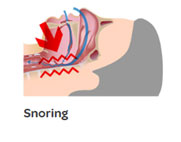 |
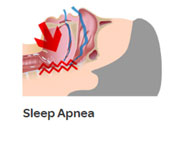 |
| When sleeping normally, your throat is held open by your muscles | When you snore, your muscles partially relax, resulting in a vibration of your vocal chords, which cause snoring | When your muscles relax fully, your throat can close completely or partially. This may cause you to snore, gasp for air or even choke |
We’ve all had a night of loud snoring, but if it happens often, it might be trying to tell you something more serious. While an occasional snore might just be a harmless sound, it can sometimes be a sign of sleep apnea.
So, how can you tell if your snoring is something to worry about? Here are a few signs that it could be sleep apnea, and not just the usual snoring:
One of the most telling signs is when your breathing suddenly stops for a few seconds during the night, only to start again with a gasp or a choke.
Ever wake up gasping for air, or hear your partner making choking or gasping sounds while they sleep? These sudden jolts in breathing are another red flag. It’s your body’s way of fighting to get enough oxygen, and it often happens during the deepest moments of sleep.
Even after what feels like a full night of sleep, you wake up exhausted. You might find yourself nodding off during the day, struggling to stay awake at work, or feeling like you just can’t shake the fatigue.
If your brain feels foggy or you’re having trouble concentrating, it could be the result of poor-quality sleep. Sleep apnea keeps you from reaching the deeper, restorative stages of sleep, leaving you with a brain that feels drained, making it harder to focus or remember things.
You might notice periods of silence, followed by louder snoring. This could be due to the pauses in breathing associated with sleep apnea, and it’s something worth paying attention to.
If any of these symptoms sound familiar, it’s time to talk to a professional. Sleep apnea is not something to ignore. Getting checked out can lead to an early diagnosis and the right treatment, so you can start getting the quality sleep and the energy you need for a healthy life.
When it comes to sleep apnea, it’s not a one-size-fits-all situation. In fact, there are two main types, each with its own causes and treatments. Let’s break them down.
Imagine you’re peacefully drifting off to sleep when, suddenly, your throat muscles relax too much. For a brief moment, your airway becomes blocked. This is what happens with Obstructive Sleep Apnea (OSA), the most common type of sleep apnea. These interruptions can happen hundreds of times during the night, leaving you feeling exhausted in the morning.
But don’t worry, OSA is treatable! Often, it can be managed with lifestyle changes, and for more serious cases, medical treatments come into play.
Central Sleep Apnea is a bit different. This form occurs when your brain isn’t sending the right signals to your muscles to control your breathing. Unlike OSA, which is physical, central sleep apnea is more about the communication between your brain and your body. It’s less common, but just as serious.
If you’re dealing with sleep apnea, no matter the type, the good news is there are treatments that can help.
The first line of defense often involves making some lifestyle changes. It’s surprising how a few tweaks to your daily habits can make a huge difference.
But what if lifestyle changes aren’t enough? That’s where medical treatments come in.
It can feel overwhelming to navigate the different treatment options, but the important thing is to find the solution that works best for you. Whether it’s a lifestyle change, a CPAP machine, or a sleep apnea dental appliance, taking the first step toward treatment can vastly improve your quality of life and help you get the restful sleep you deserve.
If you’re dealing with severe symptoms like excessive daytime fatigue or trouble sleeping, don’t wait for things to get worse — take control and seek help from a professional.
At Smile Place Dental, we offer oral appliances that help open up the airways while you sleep. These devices also train the muscles to stay in position, allowing you to enjoy restful sleep night after night.
Early diagnosis and treatment can significantly improve your quality of life, helping you get the restful sleep you need to feel refreshed and energised.
Snoring is the sound caused by airflow obstruction in the throat, while sleep apnea involves repeated breathing interruptions that can lead to serious health issues.
Look for signs like pauses in breathing, choking or gasping, and extreme fatigue during the day.
While there’s no “cure,” treatments like CPAP therapy, lifestyle changes, or surgery can manage and alleviate symptoms effectively.
CPAP (Continuous Positive Airway Pressure) therapy involves wearing a mask connected to a machine that provides a continuous stream of air to keep the airways open while sleeping, helping prevent breathing interruptions.
Yes, untreated sleep apnea can lead to high blood pressure, heart problems, stroke, and other severe health conditions.
Dentists can provide custom dental devices known as sleep apnea dental appliances designed to keep airways open during sleep, improving breathing and reducing snoring.
Author Summary – Dr Chitra Rao

Dr. Chitra Rao has over a decade of experience in dentistry, specifically in the field of cosmetic and orthodontic treatments. Dedicated to achieving optimal results, she takes a detailed and personalised approach to creating beautiful, confident smiles for her patients. Outside of dentistry, Dr. Chitra enjoys staying active, traveling, and spending time with her family.

Struggling with bad breath? You’re not alone.
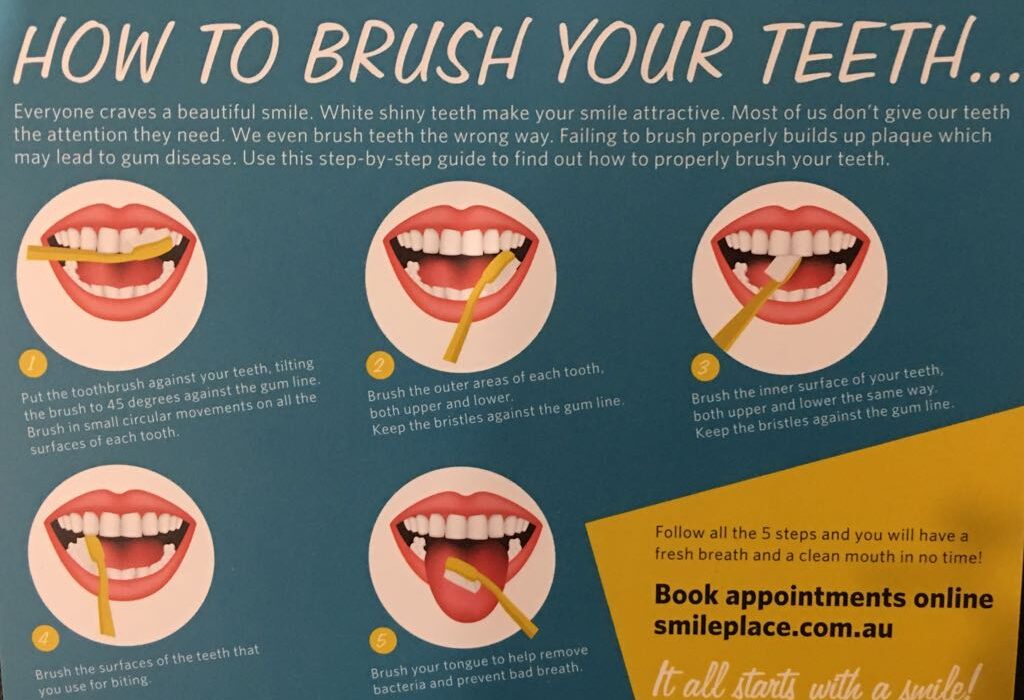
Keep it clean, keep it bright with these simple tips.
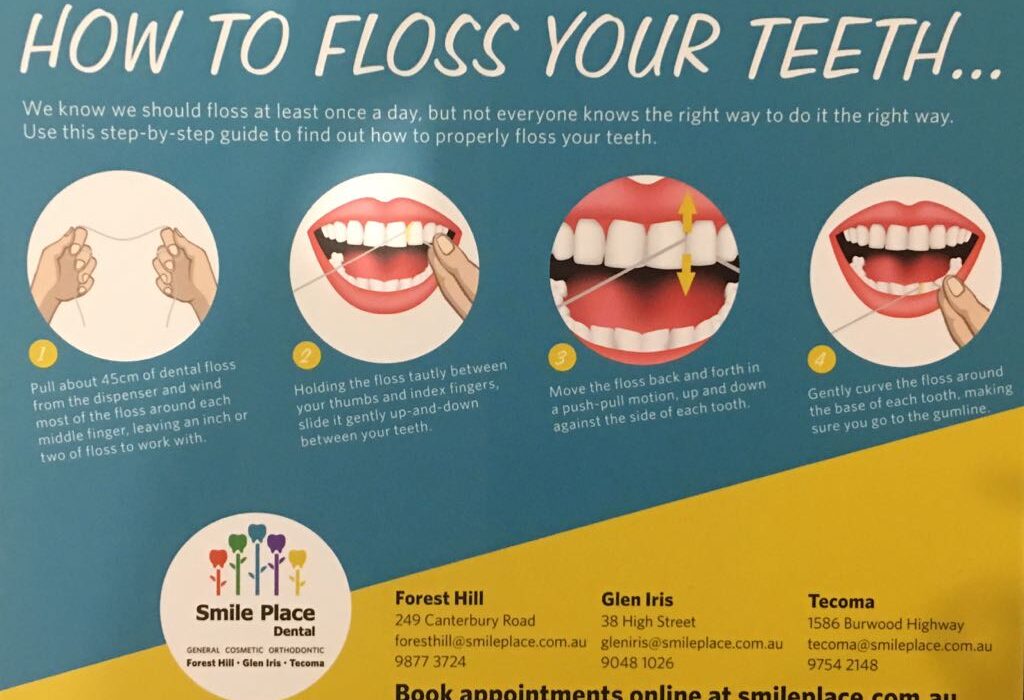
Do you brush twice a day, use a mouthwash, and still struggle with bad breath or surprise cavities? If so, the problem may be caused by inconsistent flossing. Most people skip flossing and those who do floss, often don’t do it right, leaving behind plaque and food debris. The good news? Flossing properly takes just […]